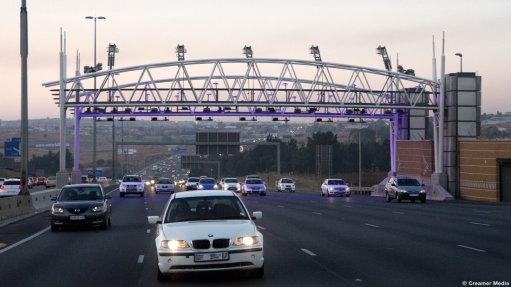
Transport Minister Ben Martins and the South African National Road Agency Limited (Sanral) have published draft regulations and notices relating to the Gauteng Freeway Improvement Project (GFIP), for public comment.
“We, as Sanral, are ready to implement the e-tolling system. We have followed all due process and have all the necessary infrastructure in place to start. Once all the legislative requirements have been met, we will implement [e-tolls],” said Sanral CEO Nazir Alli.
The regulations and notices, which were published in the Government Gazette on May 24, detailed how the GFIP tolling process would work, and included e-road regulations, regulations on the exemption from payment of GFIP tolls, amendments to the National Road Traffic Regulations, the conditions related to GFIP e-toll payments, and the exemption from payments of GFIP tolls for qualifying public transport services and emergency vehicles.
Interested parties were given 30 days to submit written comments on the draft documents to government.
The publication of the tolling regulations came days after the National Council of Provinces (NCOP) approved the Transport and Related Matters Amendment Bill on Wednesday, as government prepared to implement the e-tolling system in Gauteng.
Once the Amendment Bill was signed into law by President Jacob Zuma, e-tolling in Gauteng would start.
“With the publication of the notices and regulations, as well as the NCOP’s decision this week, we are starting to implement the final steps before e-tolling begins. We encourage those who have not yet registered for their e-tags to do so now.
“There are a few steps left in this process, but the implementation of the e-toll system is well on its way. Sanral believes that tolling is a sustainable way of paying for the upgrade of the Gauteng freeway system, and it is a tool that can be selectively used to meet the challenges of a constrained fiscus and maintaining the road infrastructure,” said Alli.